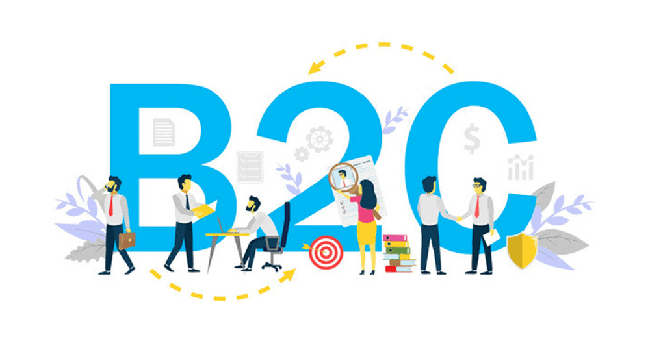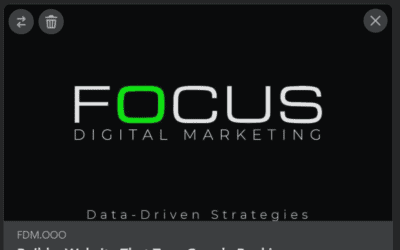Business-to-consumer (B2C) marketing is all about reaching and engaging with consumers through various channels, including the internet. A well-designed, user-friendly website is an essential component of any B2C marketing strategy. In this article, we’ll explore some best practices for B2C marketing via website, with a focus on website development keywords.
First and foremost, it’s important to understand your target audience. Before you can effectively market to consumers, you need to know who they are and what they are looking for. This information can be gathered through market research and analysis of website analytics. Once you have a clear understanding of your target audience, you can tailor your website’s content and design to meet their needs and preferences.
Another key component of B2C marketing via website is creating a strong online presence. This means having a website that is easy to find and navigate, with a professional design that reflects your brand. It’s also important to optimize your website for search engines (SEO), as many consumers will find your website through a search engine. To improve your website’s SEO, it’s important to use relevant keywords throughout your website’s content and meta tags. Additionally, be sure to include alt tags for images, as search engines are unable to read images.
In addition to creating a strong online presence, it’s also important to engage with consumers through social media. Social media platforms, such as Facebook, Instagram, and Twitter, are powerful tools for reaching and engaging with consumers. By including social media buttons on your website, you can make it easy for users to follow your business on social media and share your content. Additionally, consider creating a social media strategy that includes regularly posting updates about your business and engaging with your followers.
One of the most effective ways to engage with consumers on your website is through email marketing. Email marketing allows you to stay in touch with your customers, providing them with relevant information and special offers. To make the most of email marketing, it’s important to build a strong email list, segment your audience, and personalize your emails. Additionally, it’s important to make it easy for users to subscribe to your email list and unsubscribe.
Another way to engage with consumers on your website is through content marketing. Content marketing is the practice of creating and distributing valuable, relevant, and consistent content to attract and engage a clearly defined audience. This can include blog posts, videos, infographics, and more. Content marketing helps to establish your business as an authority in your industry and provide value to your customers.
A/B testing is a crucial part of any B2C marketing strategy. A/B testing allows you to test different versions of your website and see which one performs better. This can include testing different headlines, images, and call-to-action (CTA) buttons. By using A/B testing, you can optimize your website to improve conversions and increase sales.
In conclusion, B2C marketing via website requires a focus on understanding your target audience, creating a strong online presence, engaging with consumers through social media and email marketing, content marketing, and A/B testing. By following these best practices, web developers can create a website that effectively reaches and engages consumers and drives sales. Key website development keywords to focus on include SEO, social media, email marketing, content marketing, and A/B testing.







